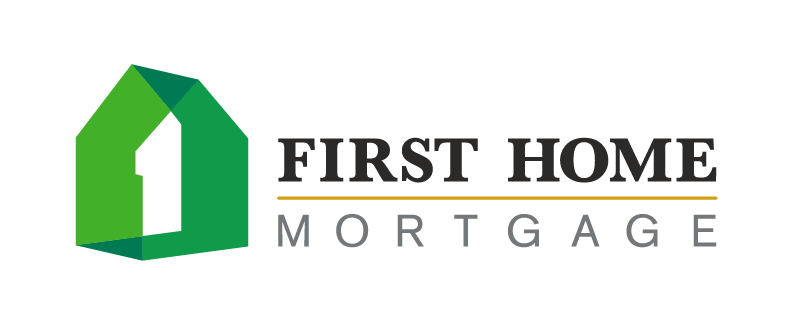The last step for most homebuyers before they move into their new home is the mortgage closing. This is a meeting where the home’s buyer and seller sign the documentation necessary to close the mortgage and officially transfer ownership of the house to its new owners. There are several steps in the closing, and knowing what to expect before you go to the closing will help you be well prepared.
The Closing Disclosure
If you are the home’s buyer, the first step in closing is about three days before the closing date when you receive your final closing disclosure. This document shows all of your loan costs and its closing costs, and it may be different from the initial loan estimate. Compare the estimate to the final disclosure to see any specific discrepancies. The fees for specific services, like the appraisal, can change because of the differences between the third-party providers who offer these services. Also, any changes to your credit score during the time between the estimate and the final disclosure can impact what you will ultimately pay.
The Closing Participants
Several people will attend the closing. Most of them you will see, at least for a moment. The list will depend on the laws in your state but usually includes:
- The buyer and seller
- The buyer and seller’s real estate agents
- Title insurance company representative
- Escrow company representative
- A representative from your lender
- Real estate attorney if required by law or requested by buyer or seller
The Closing Signatures
The main task at closing is signing a number of documents relating to the mortgage, title, and disclosures about the property. The number of documents can be relatively high, but you need to make sure you understand what they say and what you are agreeing to. For loan-related documents, all co-signers must sign the papers on the loans, which typically means the buyer and the buyer’s spouse or significant other.
The Closing Costs
At some point in the closing, you will be asked to pay your closing costs unless this was negotiated to be the seller’s responsibility. Your lender will tell you what format they want, whether they will accept a personal check or if they require a certified check from your bank. Closing costs vary but are typically between 2 and 5% of the loan’s value.
Funding the Loan
Once all of the documents are signed, the mortgage lender runs some final checks before funding the loan. This typically goes off without a hitch, but you may have to wait for the funds to be wired to the seller or the seller’s bank before the process is over.
Finalizing the Sale
Once the loan is funded, the process is complete. You will receive the keys to your new home, and the title company will pay the real estate agents their commission on the sale. While the process takes time and requires many signatures, it is not a difficult one to understand.
Contact Drew for more information.


